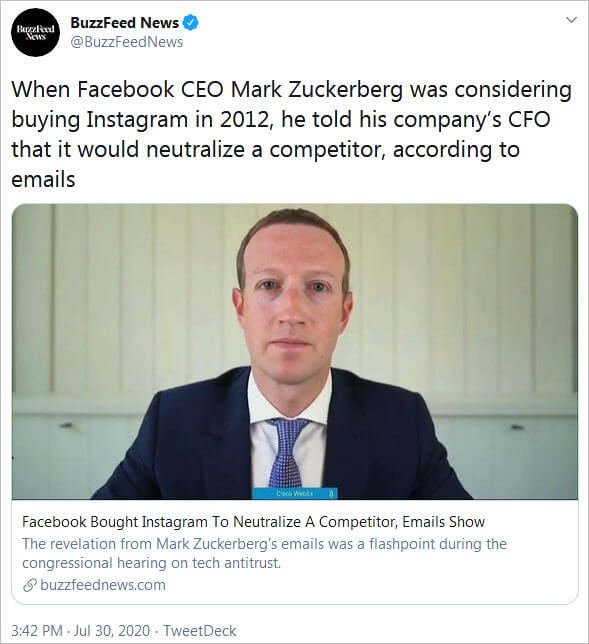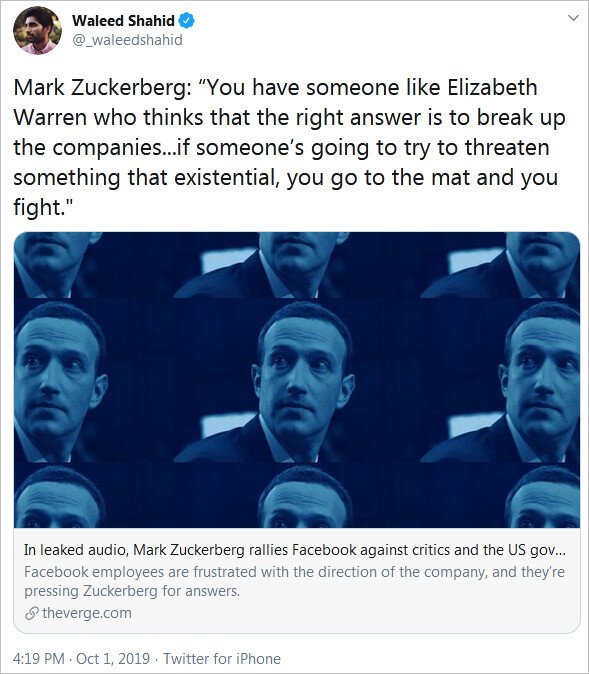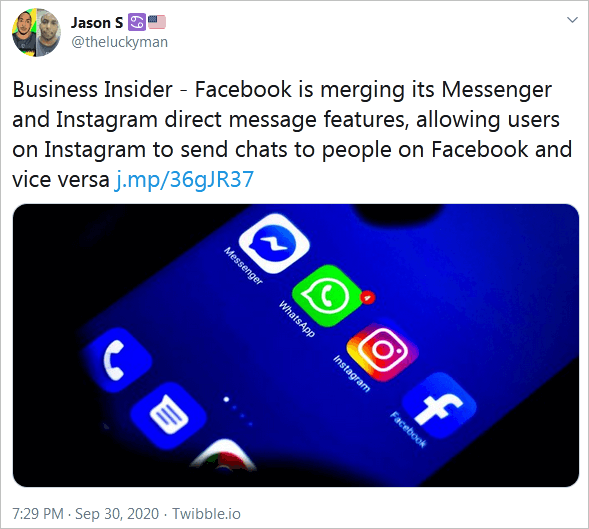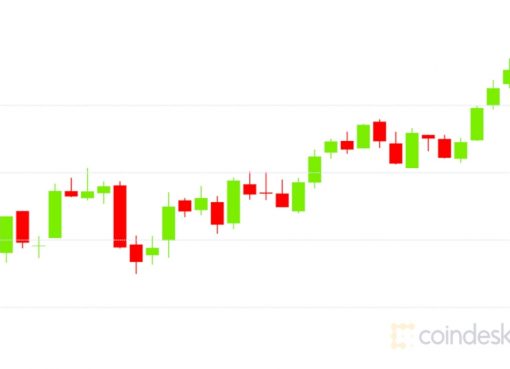- An antitrust report involving Facebook could be released this month.
- Mark Zuckerberg has vowed to fight tooth and nail to prevent a breakup of the company he founded.
- The threats haven’t stop Facebook from integrating its family of apps even further, though.
Facebook is ready to fight any attempt to break it up.
The social media giant’s lawyers have prepared a 14-page document outlining its defense against attempts to split the main Facebook app from Instagram and WhatsApp.
Currently, the Federal Trade Commission and the House Antitrust subcommittee are probing the Mark Zuckerberg-led firm over its anticompetitive behavior. The House Antitrust subcommittee is expected to unveil its findings later this month.
Facebook believes it should not be split up because its family of apps is too integrated.
One of the proposed solutions to reduce Facebook’s dominance is forcing the social media giant to divest from Instagram and WhatsApp. Facebook argues that divestiture would be impossible to achieve, calling the move a “complete nonstarter,” according to The Wall Street Journal.
Facebook’s Defense Is Weak
The social media giant claims that a breakup would be wasteful because it would have to spend billions on maintaining separate systems. This would weaken security and harm users’ experience, according to Facebook.
Based on the 14-page document, Facebook’s arguments are weak. They seem to miss the whole point of antitrust enforcement, which is to level the playing field. Facebook currently boasts over two billion users across the globe. Instagram, Messenger, and WhatsApp additionally have over one billion users each.
To make matters worse, Zuckerberg has stated that his acquisitions are intended to prevent rivals from becoming future competitors. Before purchasing Instagram, he said the point of acquiring the app was to “neutralize a competitor.”

Zuck Is Preparing for a Fight
If the antitrust enforcers eventually propose a breakup, expect fierce legal pushback from Facebook.
In a leaked conversation with employees last year at a Facebook town hall meeting, Zuckerberg vowed that the threat of breaking up the company would not be taken lightly:
…if someone’s going to try to threaten something that existential, you go to the mat and you fight.

Mark Zuckerberg Throws a Curveball
Interestingly, as antitrust investigations heat up, Facebook is doing everything in its power to complicate a potential breakup. Some of the most significant steps to integrate the family of apps have only accelerated in recent days.
Last week, for instance, it rolled out a functionality allowing Instagram users to send direct messages to Messenger without needing a Facebook account. The same functionality will be rolled out to WhatsApp soon.

Besides increasing the stickiness of Facebook’s products, this will help the company keep growing the userbase on WhatsApp and Instagram, which are not as negatively perceived as the main app.
That Facebook is doing this during an antitrust investigation is reckless–or some unexplained confidence that it will not be broken up.
Given the many unsuccessful campaigns against Facebook, such as urging users to delete the app or advertisers to boycott it, it would not be a surprise if the social media giant gets away with it once more.
Disclaimer: The opinions expressed in this article do not necessarily reflect the views of CCN.com and should not be considered investment or trading advice from CCN.com. Unless otherwise noted, the author has no position in any of the securities mentioned.




